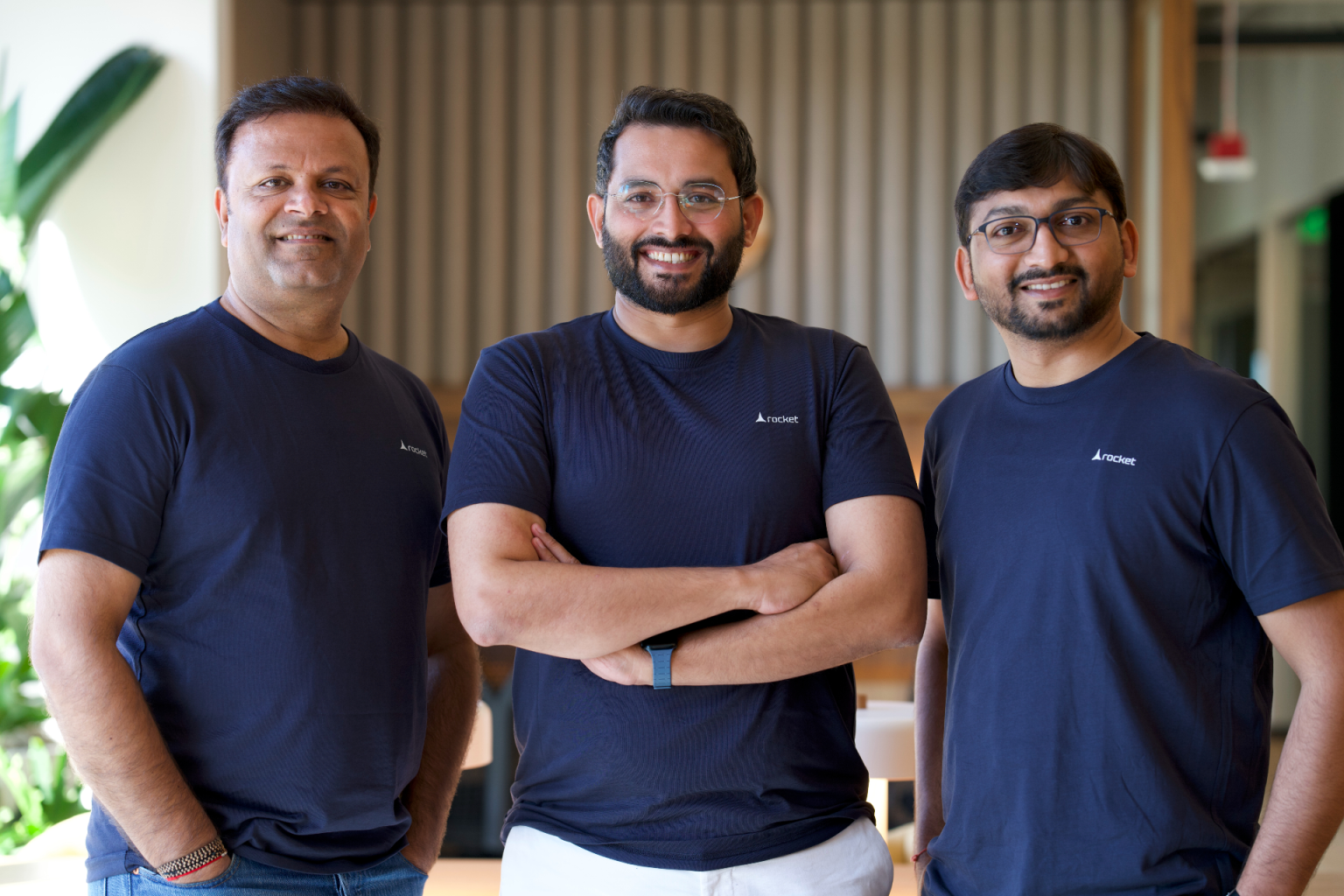Google has just unveiled a significant breakthrough in AI-driven cybersecurity. Its experimental AI bug hunter, Big Sleep, has identified 20 previously undisclosed security vulnerabilities in widely used open source software. Here’s a breakdown of what this means for the future of vulnerability discovery.
A New Era in AI-Powered Vulnerability Research
Announced by Heather Adkins, Google’s VP of Security, Big Sleep is an LLM-based (large language model) vulnerability researcher developed by DeepMind in collaboration with Google’s top-tier security team, Project Zero. The tool has successfully found and reproduced flaws in software like FFmpeg and ImageMagick, which are critical components used in countless applications worldwide.
How Big Sleep Works: AI First, Human Verified
Although the vulnerabilities were surfaced by AI, Google emphasizes that a human expert reviewed each finding before disclosure. According to spokesperson Kimberly Samra, “Each vulnerability was found and reproduced by the AI agent without human intervention, but a human expert ensures high-quality, actionable reports.”
This “human-in-the-loop” approach helps filter out false positives and ensures only verified vulnerabilities are reported to maintain credibility and avoid noise in the ecosystem.
Setting the Stage for Automated Security Discovery
Royal Hansen, Google’s VP of Engineering, called Big Sleep’s discoveries “a new frontier in automated vulnerability discovery.” This milestone suggests that LLM-powered tools are no longer theoretical — they’re already producing real-world results, even if they’re not fully autonomous just yet.
Other notable tools in this growing field include RunSybil and XBOW, which has gained attention after topping a HackerOne leaderboard.
Industry Reaction: Cautious Optimism
Security professionals have taken notice. Vlad Ionescu, CTO and co-founder of RunSybil, considers Big Sleep a “legit” project backed by strong engineering and research. He credits its design and the combined expertise of Project Zero and DeepMind as key factors in its success.
However, Ionescu and others also warn of pitfalls. Some developers have reported a surge in AI-generated bug reports that turned out to be hallucinations, or inaccuracies — leading to frustration and skepticism among maintainers. Ionescu aptly described the issue: “We’re getting a lot of stuff that looks like gold, but it’s actually just crap.”
sources ( Techcrunch )




